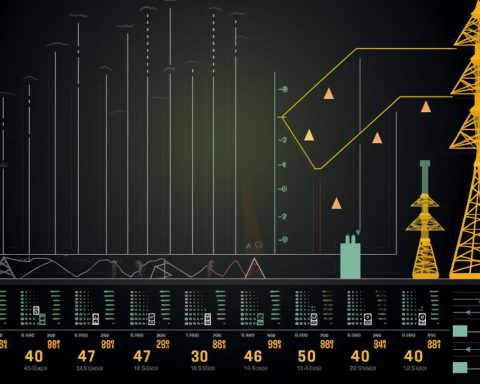The City of Cape Town is implementing a prepaid electricity meter software upgrade program to ensure that all prepaid meters in South Africa are updated before their expiry date in 2024. The upgrade requires the installation of new software to ensure compliance. Approximately 300,000 prepaid meters have already been updated, and the remaining 26 areas will be addressed in the coming months.
Importance of the Upgrade
The upgrade prevents power supply disruptions and ensures residents can recharge their meters with new tokens. However, failure to update meters may lead to power supply disruption in the future. Therefore, the City has implemented a phased approach to updating areas across Cape Town to ensure that all meters are edited before their expiry date in 2024.
Update Schedule
Residents in the Bergvliet, Constantia, Diep River, Hout Bay, Plumstead, and Wynberg areas can update their electricity meters from May 1 to May 31, 2023. Customers will receive two 20-digit update codes and their usual prepaid token when purchasing. However, the City advises residents to wait until they receive the codes before updating their meters.
Updating Assistance
The City encourages residents to update their meters by following simple steps. However, those who require assistance can contact the City’s Call Centre or email power@capetown.gov.za. City teams are also on standby to assist households with the updates, and customers can phone the City’s Call Centre for verification.
No Impact on Electricity Usage
The software upgrade will not affect the user’s electricity usage or decrease the number of electricity units available. The system does not automatically issue residents their update token on the first of the month, but they can do so any time during that month with a purchase.
Faulty Meters
Residents who suspect their meter may be faulty are encouraged to contact the City. In addition, customers can visit the City’s website for more information on the program’s schedule, eligible areas, and the token identifier roll-out plan.












